Sometimes, the most entertaining parts of American legal history can be found in the dusty law books of small towns across the country. These peculiar regulations, many dating back decades or even centuries, often remain technically enforceable despite their outdated or bizarre nature.
While most of these laws are no longer actively enforced, they offer fascinating glimpses into the historical concerns, cultural quirks, and sometimes just plain odd thinking of our predecessors.
Carmel-by-the-Sea, California

This artistic coastal town famously prohibits wearing high heels without a special permit from City Hall, a law created to protect the city from lawsuits over its uneven pavements. The free permits are still available today, though no one has ever been cited for illegal high-heel wearing.
The law originated in 1963 and has become such a quirky tourist attraction that some visitors specifically request permits as souvenirs.
Severance, Colorado

Until 2018, this small town had a long-standing ban on snowball fights, classifying snowballs as missiles under an old ordinance. A nine-year-old boy successfully presented his case to the town board to overturn the law, making national headlines.
The town now celebrates with an annual snowball fight festival, proving that sometimes even weird laws can have happy endings.
Like Travel Pug’s content? Follow us on MSN.
Gainesville, Georgia

It’s technically illegal to eat fried chicken with anything other than your hands in this self-proclaimed ‘Chicken Capital of the World.’ The law was originally passed as a publicity stunt in 1961 to promote the town’s poultry industry.
A tourist was actually mockingly arrested in 2009 for eating fried chicken with a fork, though she was quickly pardoned by the mayor.
Skamania County, Washington

In 1969, this county passed a law making it illegal to kill Bigfoot, classifying the cryptid as an endangered species. The law carries a hefty fine and potential jail time for anyone found guilty of harming Sasquatch.
Local Bigfoot enthusiasts still celebrate this protective measure with an annual festival featuring supposed evidence of the creature’s existence.
Devon, Connecticut
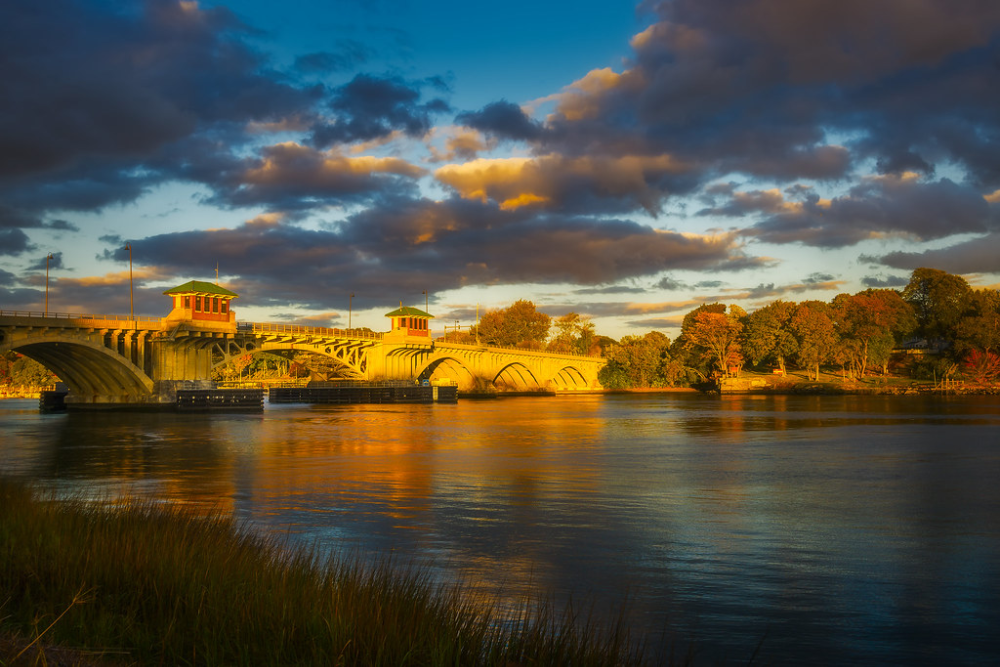
A local law states that all town meetings must be postponed if anyone in attendance is having a case of noisy hiccups. The regulation dates back to a particularly disruptive town hall meeting in 1792.
While presumably never enforced in modern times, the law remains a favorite example of New England’s quirky legislative history.
Like Travel Pug’s content? Follow us on MSN.
Marionville, Missouri
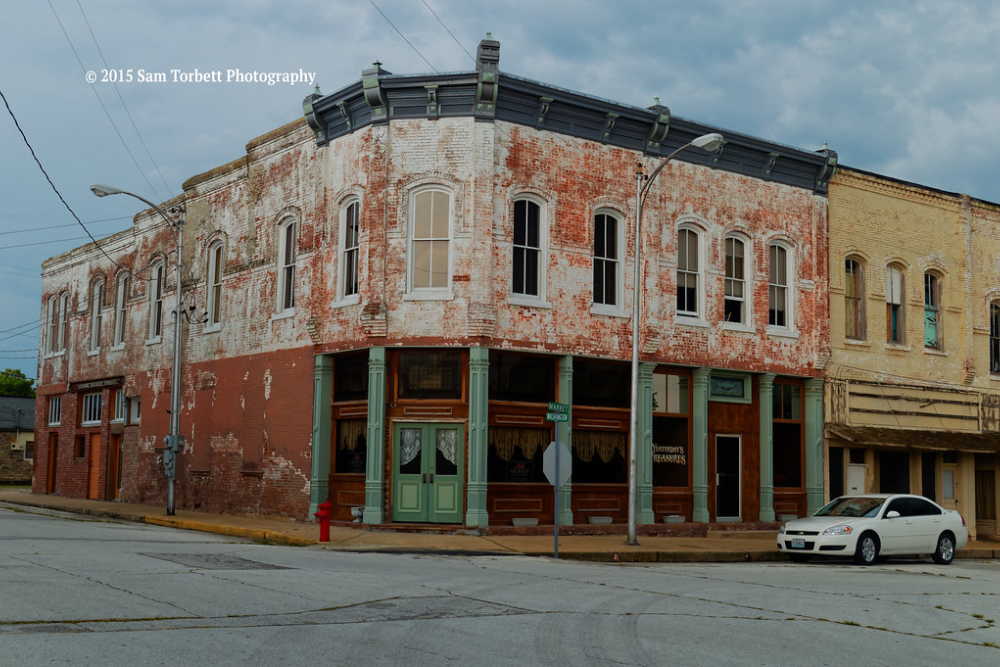
This small town legally requires all residents to own a minimum of two cows, a regulation dating back to its dairy farming heyday. The law originated during the Great Depression to ensure families could be self-sufficient.
Today, most residents ignore this technically active ordinance, though it’s occasionally referenced during town historical celebrations.
Point Roberts, Washington

This peculiar exclave requires all dogs to have their own passport photo due to its unique geographical position as a U.S. peninsula accessible only through Canada. The regulation helps streamline border crossings with pets between the two countries.
Local photographers still offer special ‘doggy passport photo’ sessions for compliant pups.
Pocatello, Idaho
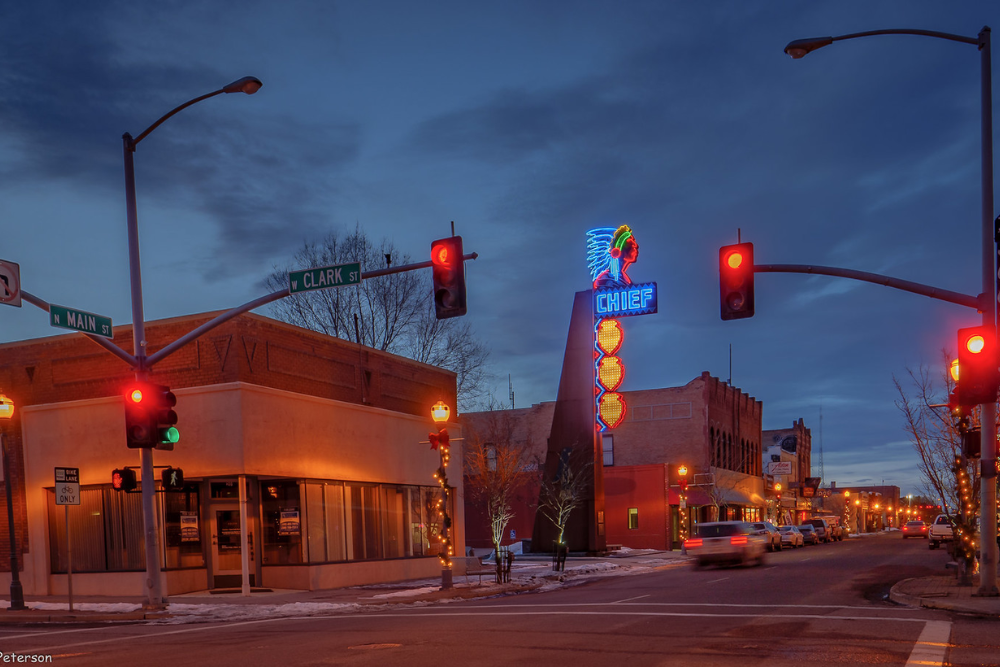
A 1948 law made it illegal not to smile within city limits, earning Pocatello the nickname ‘U.S. Smile Capital.’ The law was originally passed to boost community morale during a particularly harsh winter.
Each December, the town celebrates ‘Smile Day’ with various community events and competitions.
Like Travel Pug’s content? Follow us on MSN.
Bellingham, Washington

Women are technically forbidden from taking more than three steps backward while dancing, according to an antiquated law aimed at preventing dance hall accidents. The regulation dates back to the town’s logging boom when dance halls were particularly rowdy.
Local dance studios now playfully reference the law during their annual historical dance demonstrations.
Monmouth, Illinois
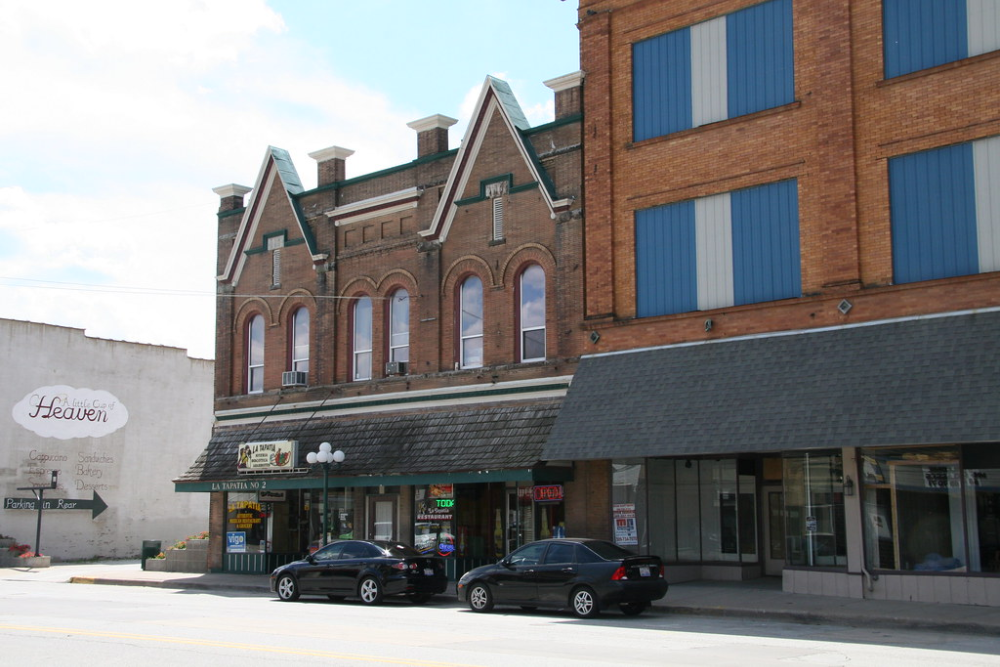
The town famously banned the use of ‘magic words’ by street performers, requiring them to explain their tricks as educational demonstrations. The law originated from a dispute with a particularly secretive magician in 1929.
Modern street performers now creatively incorporate the requirement into their acts, turning trick explanations into part of their entertainment.
St. Francisville, Louisiana
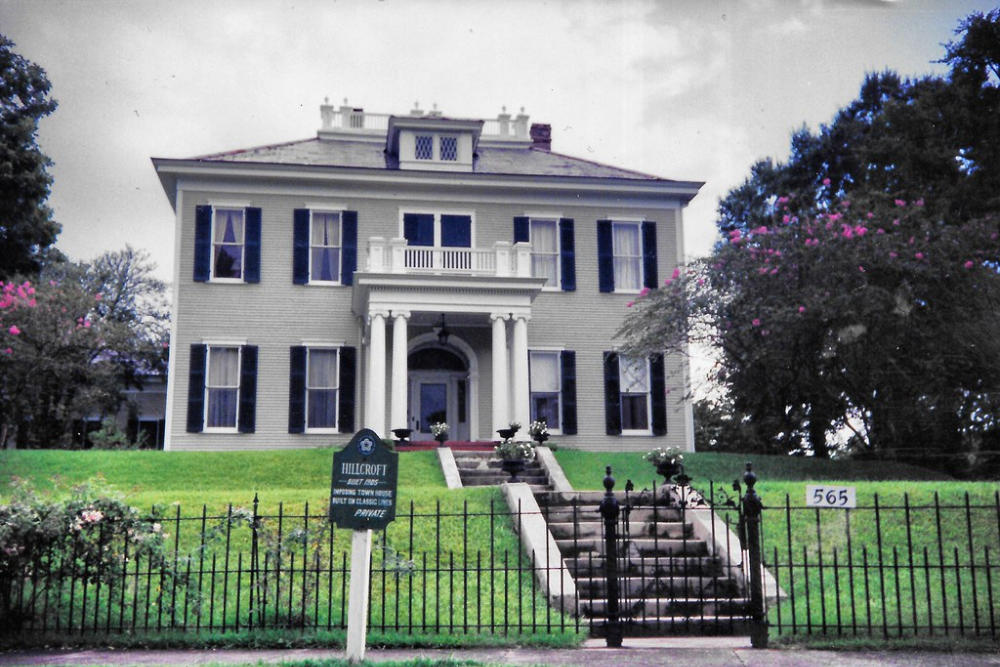
This historic town maintains a law requiring all ghost tours to obtain permits proving their haunted locations are ‘authentically haunted.’ The regulation emerged after a boom in unauthorized ghost tours began damaging historic properties.
Local historical societies now conduct annual ‘ghost audits’ to maintain the legitimacy of their paranormal tourism.
Like Travel Pug’s content? Follow us on MSN.
Beanville, Texas
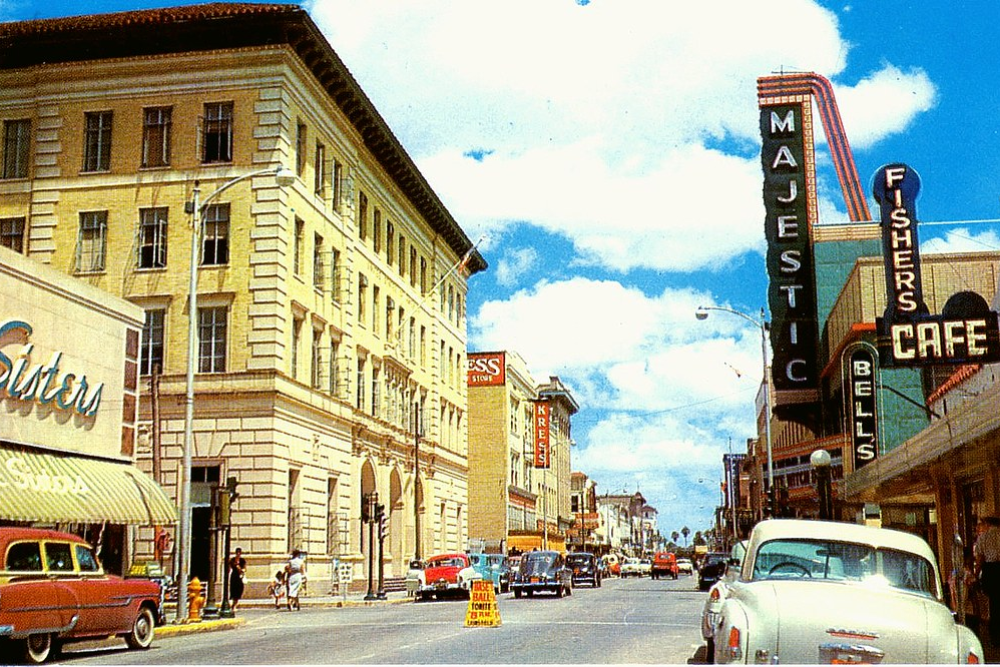
Local ordinance requires all bean-based dishes served at public events to be prepared according to the original 1894 ‘Bean Committee’ recipe. The law stems from a legendary cook-off dispute that nearly split the town.
Annual bean festivals still feature a reading of the original recipe, though modern variations are now quietly tolerated.
Wallace, Idaho
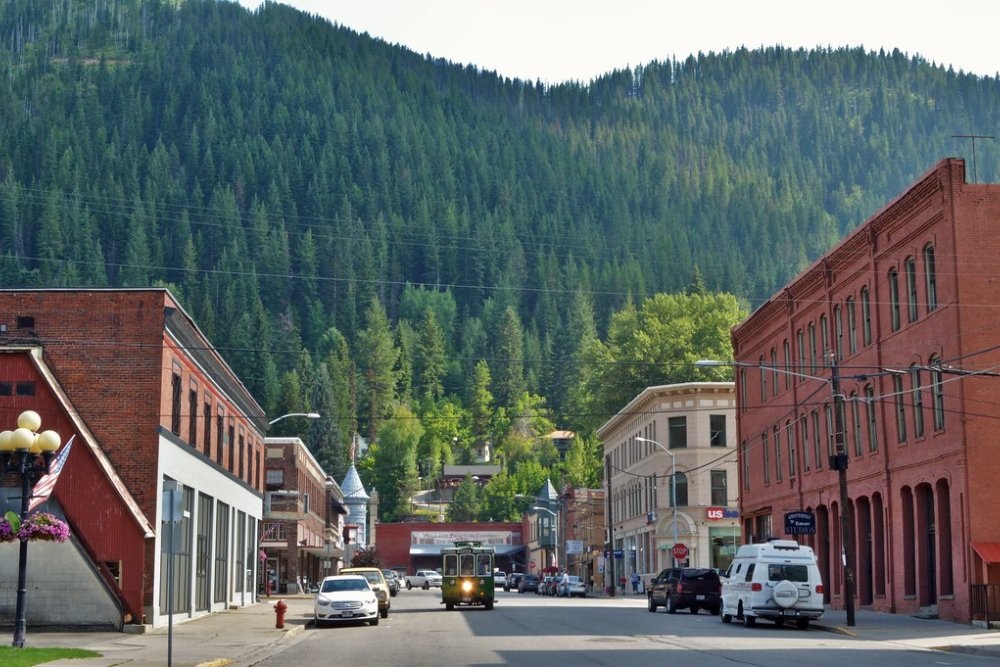
This mining town’s laws declare the entire city center a historic district, making it illegal to modernize building facades without special permission. The regulation has inadvertently preserved one of the best collections of 19th-century architecture in the Northwest.
Every building downtown must maintain its original Victorian-era appearance, creating a uniquely time-capsule atmosphere.
New Sweden, Maine
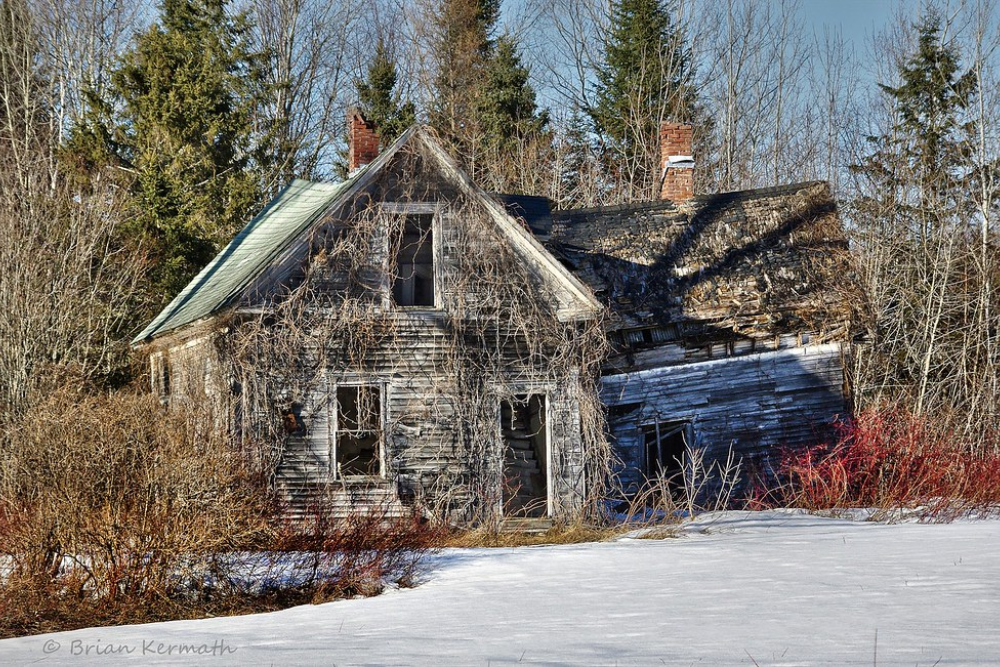
A centuries-old law requires all residents to maintain a working butter churn, reflecting the town’s Swedish immigrant heritage. The regulation dates back to community survival requirements during harsh Maine winters.
While no longer enforced, local schools still demonstrate traditional butter churning during their annual heritage festivals.
Like Travel Pug’s content? Follow us on MSN.
Mount Airy, North Carolina
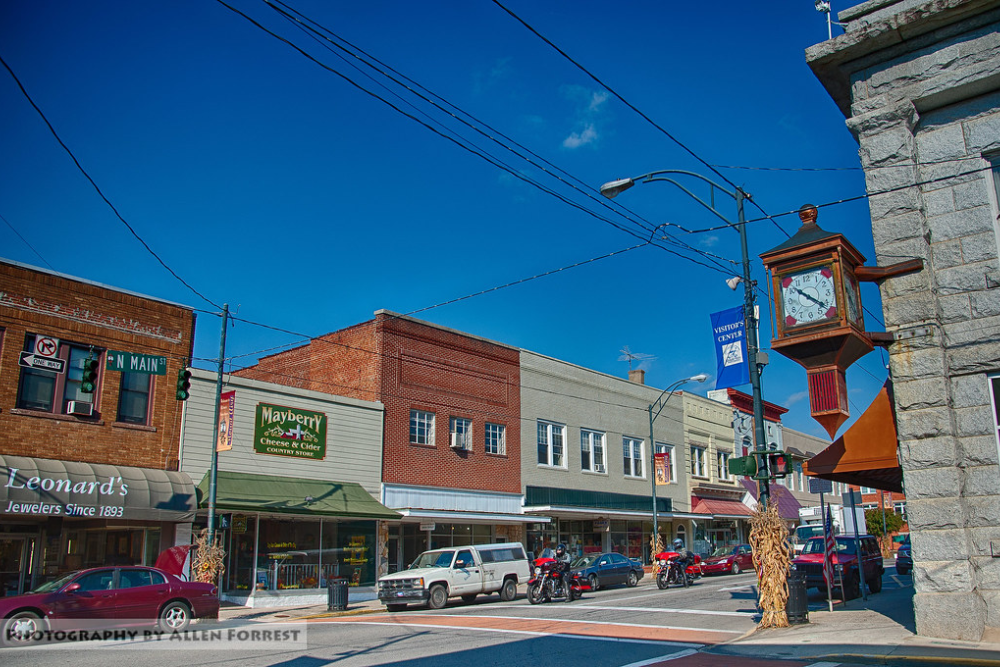
This town, which inspired the fictional ‘Mayberry,’ maintains a law requiring all barbers to know at least three jokes about Andy Griffith. The regulation started as a tourism promotion but became a genuine local tradition.
Local barber colleges still include ‘comedy history’ in their curriculum to maintain this unique cultural requirement.
America’s Quirkiest Old Laws
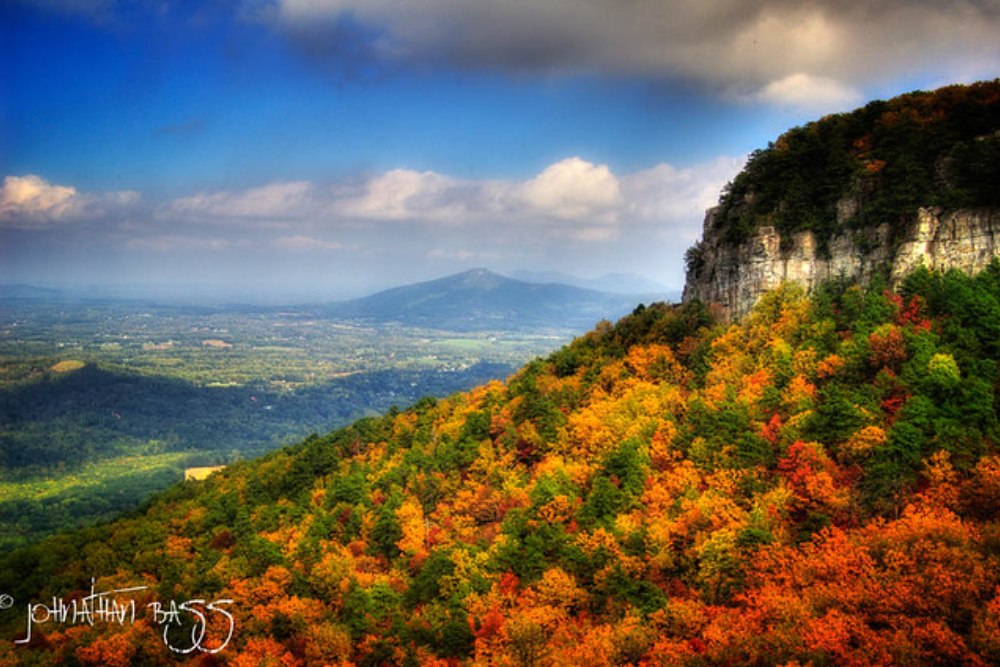
These peculiar laws remind us that sometimes the strangest parts of American history are preserved not in museums but in overlooked municipal codes and ordinances. While most of these regulations are no longer actively enforced, they serve as charming reminders of different eras and the sometimes unusual concerns of our ancestors.
Next time you’re traveling through small-town America, remember that you might technically be breaking a law you never knew existed – though fortunately, most local authorities have a sense of humor about their legal oddities.
More from Travel Pug

- 20 Towns Built for One Purpose That Were Later Abandoned
- 15 Hidden Spots in Disney World’s Magic Kingdom Most Visitors Miss
- 20 Once-Popular Beach Towns That Are Now Ghostly Empty
- 15 Canyons in the U.S. That Are Just as Stunning as the Grand Canyon
- 10 Under-the-Radar Mountain Towns That Are Both Affordable and Beautiful
Like Travel Pug’s content? Follow us on MSN.
